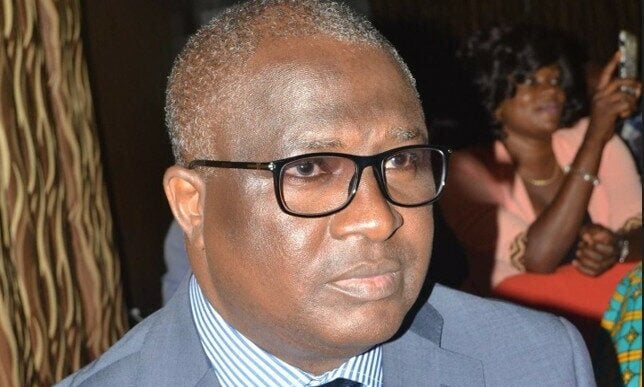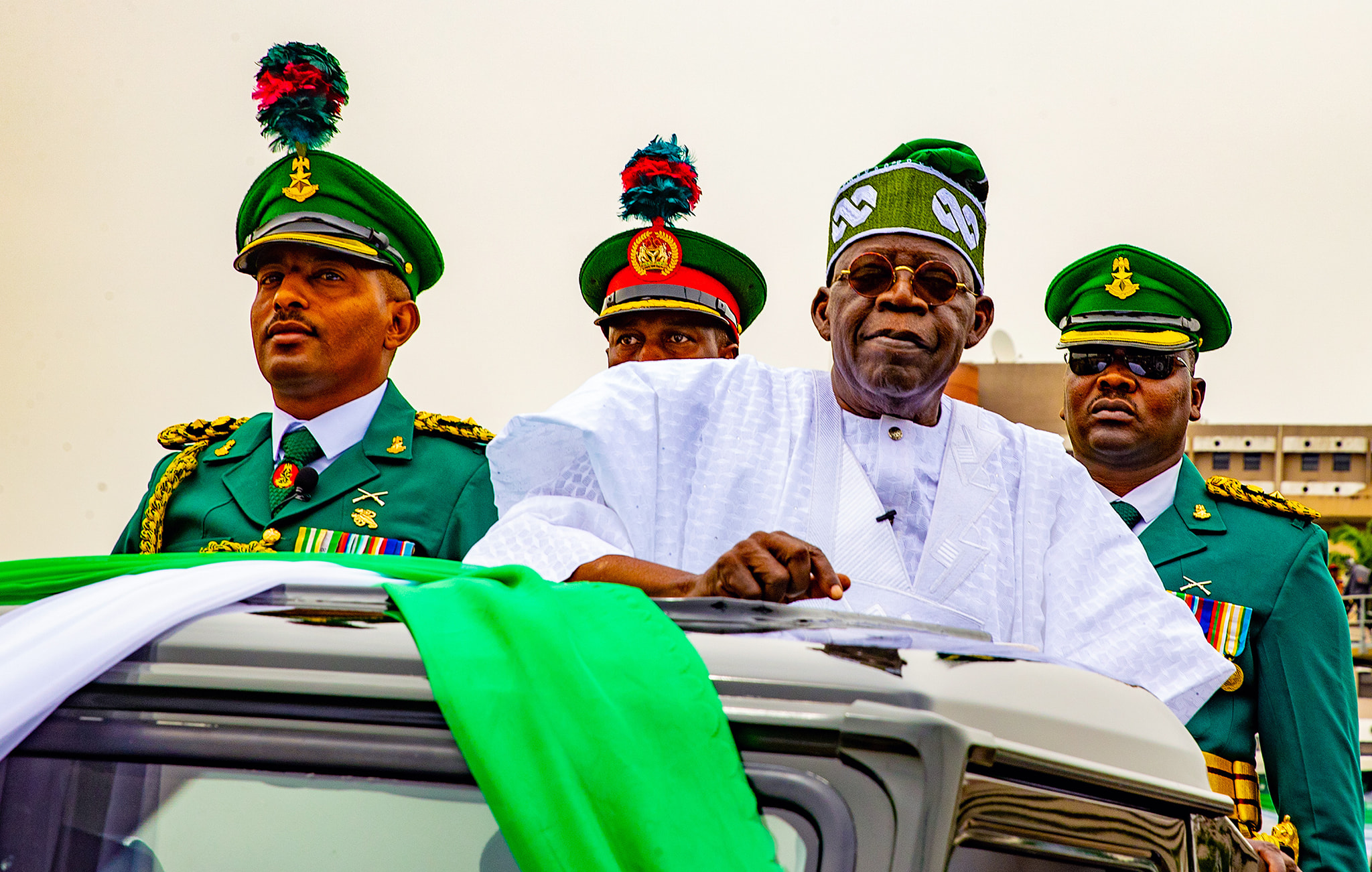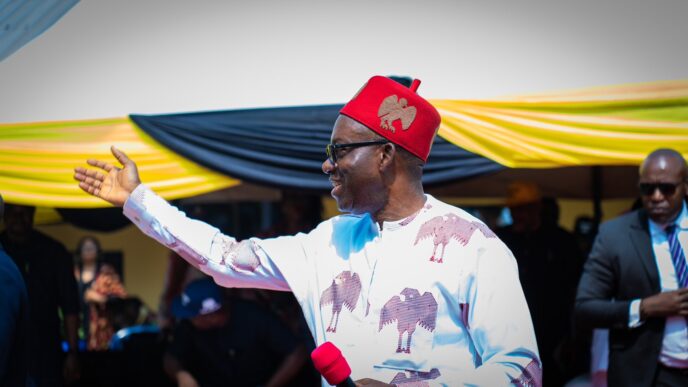Last week, the Tinubu administration propaganda machinery went into overdrive to celebrate Shell’s recent Final Investment Decision (FID) to invest $2 billion in a new offshore gas project in the country. While there is absolutely nothing wrong in celebrating a new investment in the country, it was their desperate attempt to give the hapless Tinubu administration credit for the investment that struck my curiosity when they emphasized that the total investment in the oil sector since the Tinubu administration came to power two years ago was now $8 billion and that the investments were made as a result of his policies.
While fresh investments in the oil sector are welcome, it must be pointed out that most of these investments are routine and not a result of the policies of the administration. The proposed new investment of $2 billion by Shell is an extension of the NLNG project as it will provide feedstock to train seven of the NLNG project. The NLNG project began in 1989 during the Babangida military administration. As a result of its incorporation, it is largely controlled by the private sector, which means it’s free from government interference in its operations. This is perhaps the reason why the NLNG has been so successful.
The point to note is that fresh investments in gas projects are being driven by increased global demand for gas, given that it’s a much cleaner source of energy than other fossil fuels, and these investments would have been made irrespective of who was the president of the country, and not because of any phantom policies as claimed by the president’s spokesman.
While this article might appear as an attempt to discredit the government’s claims of attracting investments into the economy, it is more of a wake-up call to dissuade us from celebrating mediocrity and urge the government to get serious about attracting fresh investments into the country instead of claiming credit for routine investments in the country’s oil sector.
Advertisement
At the beginning of this administration, the government set itself a target of growing the Nigerian economy into a one trillion dollar economy, which was a very ambitious target given the poor state of the economy they inherited from the equally hapless Buhari administration.
To achieve this, one would have expected the administration to put several policies in place that will attract hundreds of billions of dollars worth of investments into the economy but instead, the policies they implemented crashed the economy from a GDP of $385 billion that they inherited from Buhari to $188 billion after just 18 months before the GDP was rebased earlier this year to arrive at a GDP of $243 billion which is still less than the peak GDP of $540 billion achieved before the so called progressives came to power in 2015.
If this administration is serious about growing the economy, then they have to start developing and implementing policies that will attract massive investments into the economy, and if they don’t know what policies are needed to grow the economy, I will suggest that they engage the organized private sector, like Obasanjo did when he wanted to increase investments in the local cement manufacturing industry. This engagement resulted in a policy that has attracted over $15 billion into the cement manufacturing industry in the country, created hundreds of thousands of jobs, saved billions annually in foreign exchange expenditures, and contributed significantly to the country’s GDP growth.
Advertisement
It was as a result of a similar favourable government policy put in place by the same Obasanjo administration that encouraged Aliko Dangote to invest $20 billion in his refinery and petrochemical complex. Another government policy, labelled the Local Content Policy, ensured that over $8 billion of outsourced contracts in the oil and gas industry were executed locally, thereby growing the local services sector of the oil industry while creating thousands of jobs for Nigerians and building wealth within the country.
Another major policy that stimulated economic growth in the country was the Pension Reforms Policy, which established the pension industry that has now accumulated over N23 trillion in Retirement Savings Accounts (RSA), and is today the largest pool of funds in Nigeria’s financial services industry.
The Bank Consolidation Program was another policy that not only attracted billions of dollars into the country’s economy, it transformed our banking industry and even made some of our banks become global players in the financial industry.
So while it’s ok for the government to celebrate little wins like routine investments of $2 billion by existing players in the country’s oil and gas industry, a government that is serious about growing our economy should start thinking of policies that would attract serious investments into critical sectors of the economy and stop celebrating mediocrity.
Advertisement
An administration that is serious about growing the economy would have put policies in place to attract at least $100 billion worth of investments each year into the power, agricultural, banking, and manufacturing sectors over the next five years, and until this is done, the government is just playing lip service to attracting investments into the country.
Oshobi is the head of strategy and planning of the Narrative Force.
Views expressed by contributors are strictly personal and not of TheCable.












